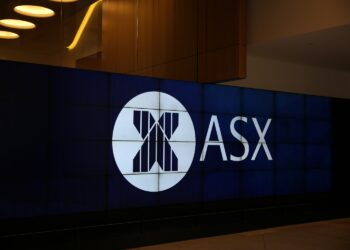The research house described the September quarter as “extraordinary” for bond markets, noting the Barclays Global Aggregate TR (hedged) bond index delivered a return of -2.17 per cent over the three months.
“This is a significant fall for a key defensive asset class and one which was accompanied by heightened levels of volatility – indeed, November was the worst month ever for global bonds,” the company said.
Expectations that inflation will increase paired with a shift in the strategies employed by several central banks drove the poor returns, Morningstar said, with the election of US President Donald Trump serving as a “further catalyst” due to his inflationary policy stance.
“While the speed and severity of the falls in bond markets was noteworthy, the outcome itself was hardly surprising, given the extreme valuations on offer in global bond markets at the start of the quarter,” the company said.
“This was particularly the case for longer dated securities, having had their yields driven to unsustainably low levels by prolonged easing from central banks, investor demand for yield in a low return world and fears over the outlook for the global economy.”
The research house said UK, European and Japanese bonds all remained “significantly overvalued” as a result, and while US bonds had become somewhat more attractive, “they too remain overvalued”.
“This view comes from investors being forced to accept lower yields and longer duration — a poor trade-off — than what they have been faced with historically,” the company said.
“This is very much the consequence of the sustained easy central bank policy that has dominated developed markets since 2008, with yields still close to all-time lows, this reduces current cash flows while also increasing the risk of capital loss should bond yields rise towards their longer-term fair value.”
Morningstar said emerging market bonds “offer some of the more attractive return opportunities” due to their higher yields and, in some cases, better debt positions.
Inflation-linked bonds are also attractive long-term investment opportunities to add inflation protection to portfolios given benign global inflation expectations.
“This has been somewhat tempered recently, with inflation-linked bonds adjusting for strength in the oil price, which is considered inflationary, and an expectation that Donald Trump’s big spending policies will increase current inflation,” the company said.
“Nonetheless, inflation expectations remain below long-term normal levels, with inflation-linked bonds offering better value than their nominal counterparts.”
Read more:
AMP alters approach to authorised representatives
Australia’s competitiveness being ‘eroded’
Investors poised to reduce cash holdings
Data undermines case for industry fund changes
RBA unlikely to cut rates: AMP Capital







